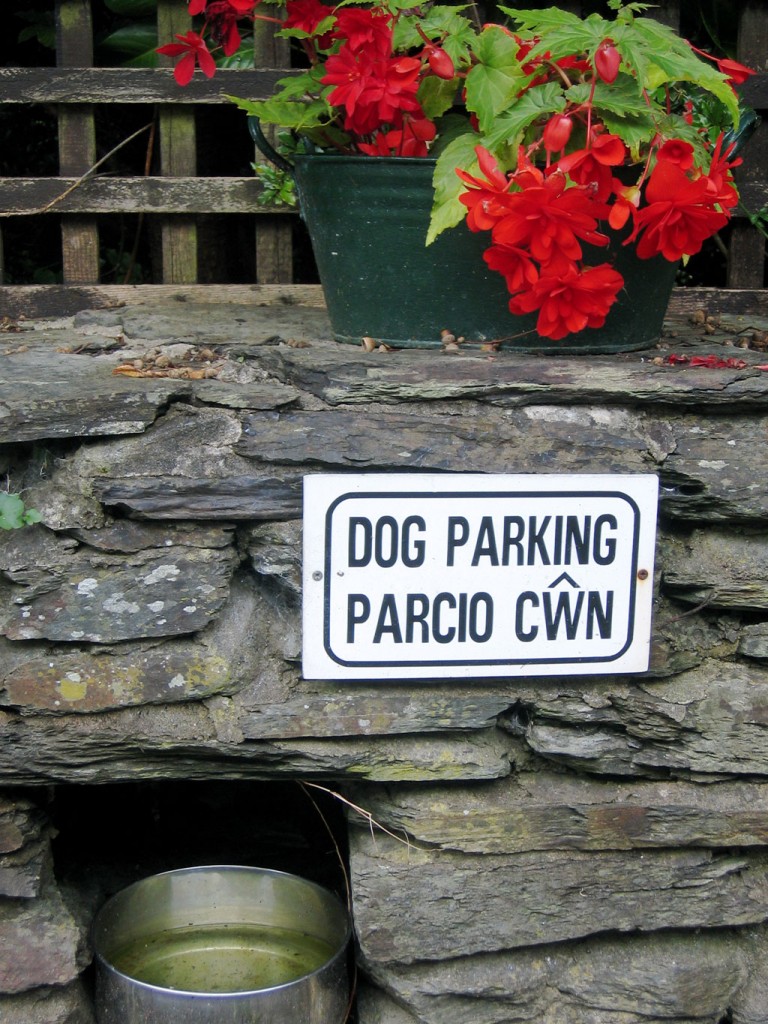
* This is the third post in a new weekly series, highlighting old stories from my travel-writing archive. I’m running them here in full. Subscribe to this blog for more.
The opening night at Catwalk and the dancefloor is heaving. A jazz saxophonist plays a solo beyond the soft-leather booths of the bar while the DJ booth on wheels is pushed towards the back wall to open up more space for clubbers keen to throw a few shapes.
Formerly a pedestrian underpass converted into a seal-in, subterranean club, this was once the domain of rubbish and dirty needles. Today it’s home to Rotterdam’s beautiful crowd sipping mojitos and grooving to urban soul tunes. It’s also the latest opening among the city’s new breed of eco-clubs recycling old public spaces for cool new nightlife.
Rotterdam is already Holland’s premier clubbing city with 10,000 revellers regularly hitting the dancefloor each weekend to catch house and electronica sets by local DJs, such as Speedy J and Michel de Hey.
Every summer, around 400,000 people attend the Heineken Fast Forward Dance Parade, Rotterdam’s answer to Berlin’s Love Parade. But, more importantly, Rotterdam is the first European city to embrace the idea that clubbing can be a means to promote sustainability.
“Rotterdam is a great breeding ground for sustainable projects as it has a young population and a culture of collaboration between different groups,” says Michel Smit, founder of the Rotterdam Electronic Music Festival, held annually in November. “People want to go out but not be lectured about how to live their lives. By making sustainability cool, we can get the message across to a wider audience.”
Across town in the Delfshaven area, the people behind Worm, a multi-purpose arts space with a club, arthouse cinema, record shop and creative studio, are busy organising a new gallery event. I’m met at the door by Mike van Gaasbeek, an erstwhile squatter turned eco-visionary with an electric-shock hairstyle and a business card that reads ‘Chef de ping ping’ (that’s Dutch slang for ‘cash’).
“We opened in November 2005 with a plug-and-play construction to slot into disused, empty buildings using 90 per cent recycled materials and without even knocking in a single nail,” he grins.
Today, when people go clubbing at Worm, the walls are recycled from old estate agents’ boards, the toilets from old oil drums and the door handles from old bicycle handlebars. The only non-recycled items are the fire safety doors and emergency exit signs.
“This is the piece de resistance,” says Mike, ushering me into the cinema. The room is filled with car seats recycled from old Volkswagen Passat vehicles. “Really comfy,” he winks.
What will really put Rotterdam on the map as the green clubbing capital of Europe, however, is a project called the Sustainable Dance Club. From a nondescript office block in a leafy suburb of the city, developers Enviu are drawing up a masterplan to take eco-clubbing to the world.
The project is the brainchild of Stef van Dongen, who founded Enviu as a community of young professionals to facilitate start-ups based on environmental principles. Working in collaboration with architects Doll and Professor Han Brezet of the Delft University of Technology, he unveiled the project at Rotterdam’s Off-Corso nightclub last October.
The company has allocated a budget of €550,00 to prepare a small-scale dancefloor as a test project for an existing club venue. They then hope to take the template to major European festivals, such as Roskilde in Denmark and Glastonbury in the UK.
“A nightclub uses 150 times the energy of an average household and produces around 12,000l of glass to recycle from bottles and glasses each weekend,” says Stef. “I was out clubbing one night when the idea came to me to make a self-sustaining club that is mobile to plug into existing spaces.”
“At the launch we had intelligent LED lighting systems, rainwater-flush toilets, a water purification system to turn urine into drinking water (a brand new water treatment system developed for the project), a café using recycled food (they use leftovers from the previous night to make vegetarian-friendly burgers and stir fries) and an electricity-generating dancefloor, whereby the more people dance, the more energy they produce,” adds Alijd van Doorn, Doll’s social architecture project manager.
There are currently three pilot dancefloors in development, each using different technology to generate energy. The finished product could work according to pneumatics, mechanical or sensory principles.
“This is not recycling, it’s upcycling,” says Stef. “It’s about finding ways for consumption to generate positive benefits via the interaction between clubbers and the club itself.”
Back at the Catwalk opening party, the dancefloor is a seething mass of designer labels and vodka cocktails. Former record company executive turned club owner Raymond Contein sinks into one of the womb-like booths against the black-and-silver, dragon-design wallpaper and smiles.
“We’ve recycled a dirty space to give people a place to enjoy themselves,” he says.
“Now that’s what I call green clubbing.”
* This is the original story in a series of pieces I wrote about green clubbing Rotterdam. It appeared in the Guardian in 2007. Read the original Reclaim The Beats; read the follow-up story, The Power of Dance.



